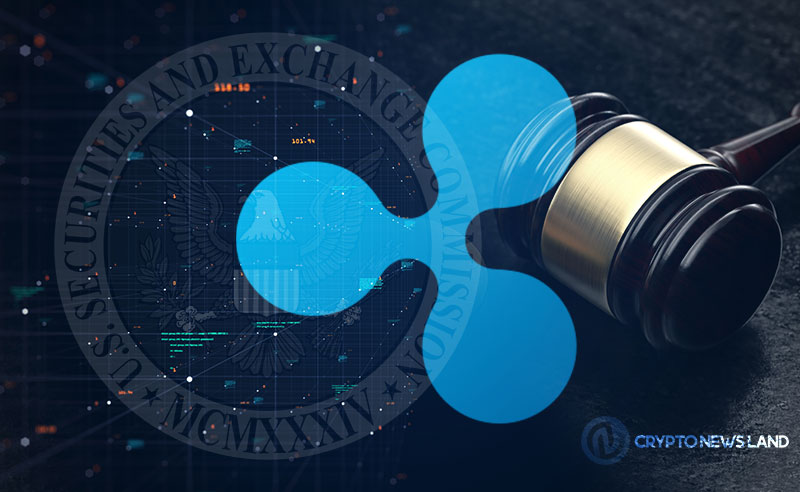- The recent XRP ruling in the SEC v. Ripple case ends in victory.
- Consumers and small investors celebrate Judge Torres ruling as XRP not a security.
- SEC’s regulatory gains criticism and expectations for clearer legal framework rises.
The DC Journal shares a long-awaited insight about the SEC vs Ripple case. Lines front he article are making waves in the social crypto space. To highlight, the article draws light to the landmark ruling. In detail, it says that the long-awaited cryptocurrency case of SEC v. Ripple has come to a close.
The outcome delivers a triumph for consumers and small investors, it says. The legal battle between the U.S. Securities and Exchange Commission (SEC) and Ripple, a leading U.S. crypto innovator, tested the regulatory agency against decades of federal law.
In particular, the ruling by Judge Analisa Torres of the Southern District of New York favored Ripple. This was because it adhered to the 1946 Howey Supreme Court decision, which defines the SEC’s authority over securities.
Under the Howey test, an asset passes as a security when it involves “an investment of money in a common enterprise with a reasonable expectation of profits to be derived from the efforts of others.” Thus, Judge Torres concluded that most XRP crypto purchases were not securities trades. In turn, exonerating Ripple CEO Brad Garlinghouse and board chairman Chris Larsen for their XRP sales.
The ruling affects more than 75,000 retail XRP holders who joined the case against the SEC. It also highlights the flaws in the regulatory agency’s legal theory. The SEC’s argument claimed that the XRP token itself is a ‘digital asset security’. This would turn every sale between parties into an investment contract with Ripple.
However, the court sees that most XRP holders got the token without any association with Ripple. Moreover, the SEC’s overstretching of existing law to include new tech threatens holders and developers of any digital asset. The court’s decision ensured that the definition of a security remained within the established legal framework, offering clarity and protection to retail XRP holders.
Judge Torres also assessed Ripple’s sales of XRP against the Howey test and determined that only sales to institutional investors constituted securities. Sales on exchanges like Coinbase, Binance, and Kraken were deemed “blind bid” peer-to-peer transactions, exempt from SEC regulation due to the lack of prior knowledge between parties.
The victory for retail XRP holders was made possible by their united efforts, led by Rhode Island attorney John Deaton, who intervened in the case to protect their holdings from SEC actions that negatively impacted their investments. The SEC’s defeat has led to discussions about Congress codifying the legal principles Judge Torres relied on, curbing the agency’s ability to target companies without adequate resources or public support.
The case’s outcome sends a message to SEC Chairman Gary Gensler to reconsider pursuing lawsuits based on discredited theories. The hope is that Washington will take heed of this ruling and prioritize the rule of law in the ever-evolving crypto landscape.

